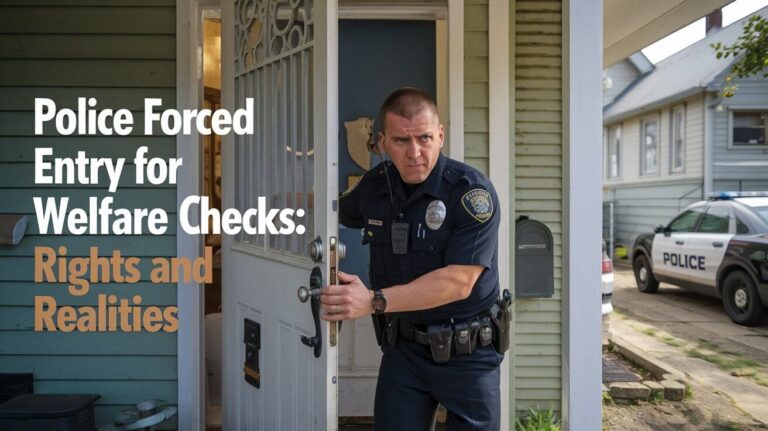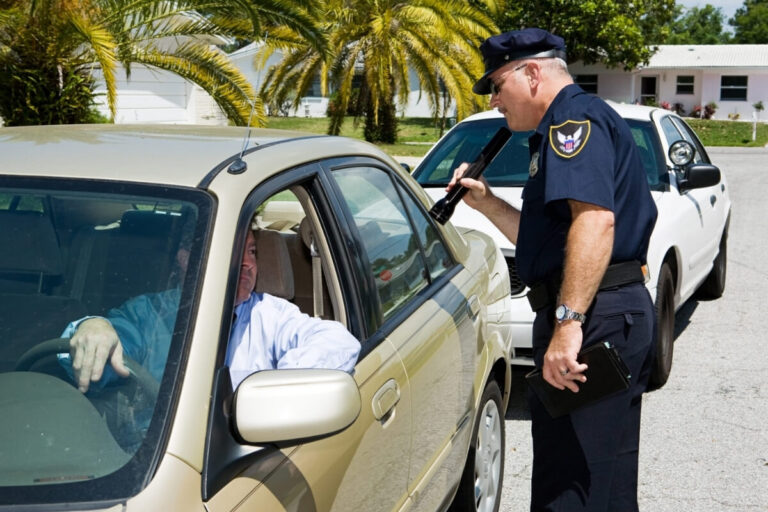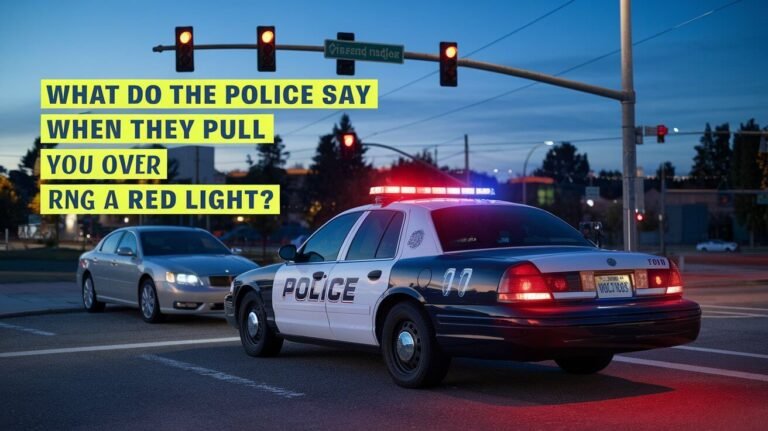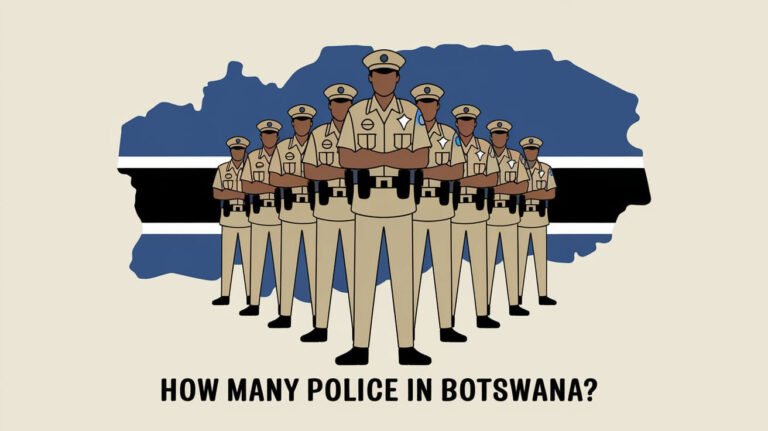How Long Does Police Training Take: A Comprehensive Guide
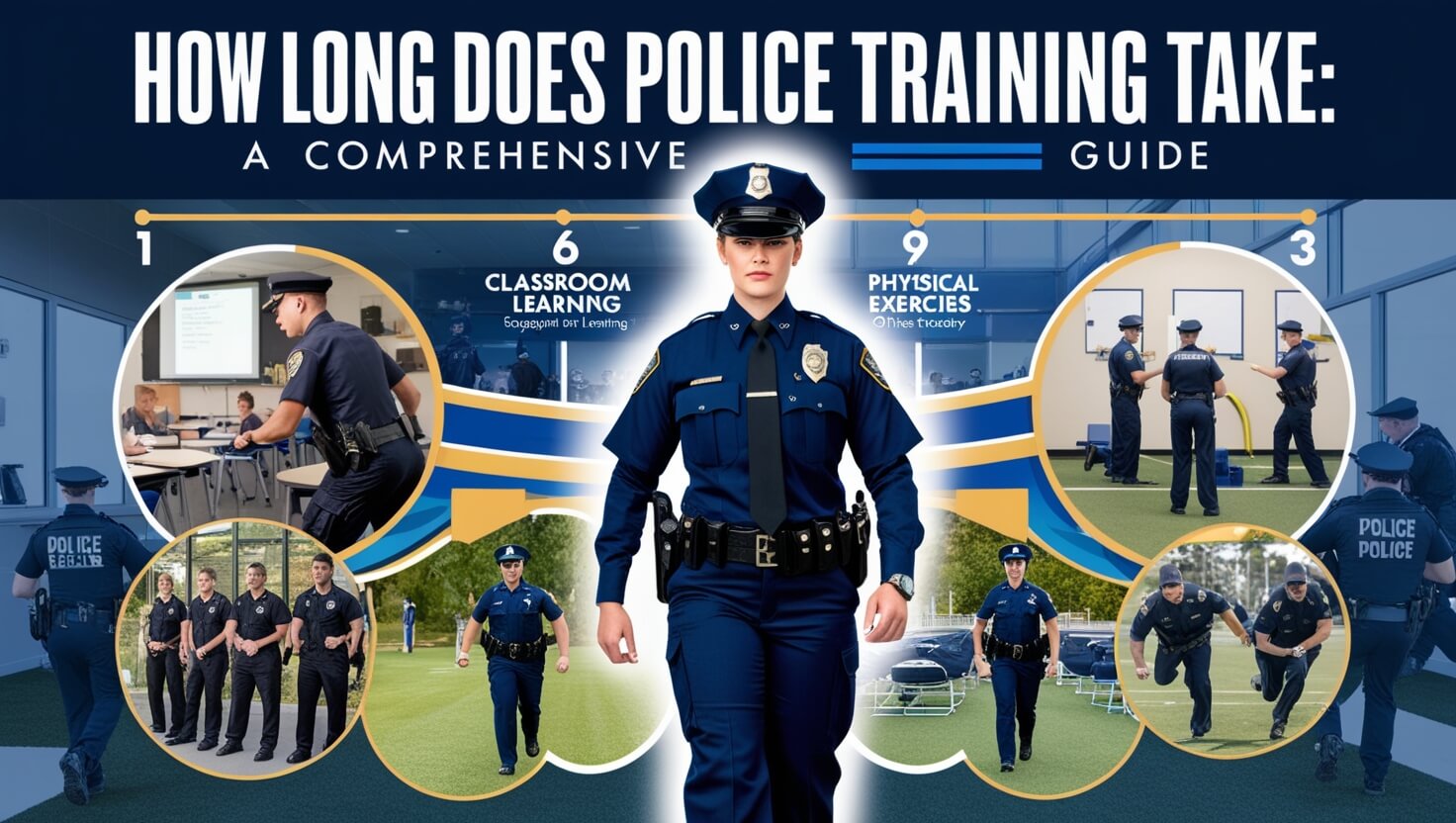
Police training is a crucial aspect of law enforcement that prepares officers for the challenges they’ll face on the job. The duration of police training in the United States typically ranges from 13 to 21 weeks, but this can vary widely depending on the state and specific police department requirements.
This guide will explore the various factors that influence the length of police training, from initial academy instruction to ongoing professional development. We’ll look at the different stages of training, what they involve, and how long each typically lasts.
Introduction to Police Training
Becoming a police officer is no small feat. It requires dedication, physical fitness, and a willingness to learn. The training process is designed to equip future officers with the skills and knowledge they need to serve and protect their communities effectively.
The Importance of Proper Police Training
Quality training is essential for law enforcement officers. It prepares them to:
- Handle dangerous situations safely
- Understand and apply the law correctly
- Interact with the public professionally
- Make split-second decisions under pressure
Given these high stakes, it’s no wonder that police training is intensive and time-consuming.
Overview of the Police Training Process
The journey to becoming a police officer involves several stages:
- Meeting pre-academy requirements
- Completing police academy training
- Undergoing field training
- Participating in ongoing professional development
Each stage has its own duration and set of challenges. Let’s dive into the details of each phase.
Pre-Academy Requirements
Before aspiring officers can even begin their formal training, they must meet certain prerequisites.
Educational Prerequisites for Aspiring Officers
Most police departments require candidates to have at least a high school diploma or GED. However, many agencies now prefer or require some college education. This might include:
- An associate’s degree (2 years)
- A bachelor’s degree (4 years)
- A certain number of college credits (varies by department)
Some departments may waive educational requirements for military veterans with honorable discharges.
Physical Fitness Standards
Police work is physically demanding. Candidates must pass fitness tests that typically include:
- Running (1.5 to 2 miles)
- Push-ups
- Sit-ups
- Obstacle courses
Preparing for these tests can take weeks or months, depending on the candidate’s initial fitness level.
Background Checks and Screening Process
Police departments conduct thorough background investigations on all applicants. This process can take several weeks to a few months and includes:
- Criminal record checks
- Credit history reviews
- Drug screenings
- Psychological evaluations
- Polygraph tests (in some jurisdictions)
Police Academy Duration
The police academy is where the bulk of initial training occurs. This is where recruits learn the fundamental skills and knowledge they’ll need on the job.
Average Length of Police Academy Training
Police academy training in the U.S. typically lasts between 13 and 21 weeks. However, this can vary significantly by state and department. For example:
- The New York Police Department’s academy is 6 months long
- California’s POST Basic Course lasts 664 hours (about 16.5 weeks)
- The FBI Academy for new special agents is 21 weeks
Factors Affecting Academy Training Duration
Several factors can influence how long academy training lasts:
- State requirements
- Department size and resources
- Training philosophy (emphasis on classroom vs. practical training)
- Specialized roles (e.g., state troopers may have longer training)
Variations in Training Length Across States
Police training duration can vary widely from state to state. For instance:
- Louisiana requires only 360 hours of basic training (about 9 weeks)
- Massachusetts mandates 900 hours (about 22.5 weeks)
These differences highlight the lack of national standards for police training in the U.S.
Key Components of Police Academy Training
Police academy training covers a wide range of topics and skills. Let’s break down the main components and how much time is typically devoted to each.
Classroom Instruction
A significant portion of academy training takes place in the classroom. Topics covered include:
- Criminal law
- Constitutional law
- Local ordinances
- Department policies and procedures
- Ethics and integrity
Classroom instruction often accounts for 50-70% of total training time.
Physical Training and Fitness
Physical fitness is crucial for police officers. Academy training includes regular:
- Cardiovascular exercises
- Strength training
- Defensive tactics
- Arrest techniques
Physical training usually takes up 20-30% of academy time.
Firearms Training and Use of Force
Officers must be proficient with their service weapons and understand when and how to use force. This training includes:
- Firearm safety and maintenance
- Marksmanship
- Decision-making scenarios
- Less-lethal options (e.g., tasers, pepper spray)
Firearms and use of force training typically accounts for 15-25% of academy time.
Legal Studies and Criminal Law
Understanding the law is crucial for police officers. Legal training covers:
- Constitutional law
- Criminal statutes
- Rules of evidence
- Court procedures
Legal studies often make up 10-15% of academy training.
Emergency Vehicle Operations
Officers must be skilled at driving under various conditions. This training includes:
- High-speed pursuit techniques
- Defensive driving
- Vehicle maintenance
Driving training usually takes up 5-10% of academy time.
De-escalation Techniques
In recent years, there’s been an increased focus on de-escalation training. This includes:
- Verbal communication skills
- Crisis intervention techniques
- Mental health awareness
De-escalation training now often accounts for 5-10% of academy time, though this varies widely by department.
Field Training After Academy Graduation
Graduating from the academy doesn’t mean training is over. New officers typically undergo a period of field training.
Duration of Field Training Programs
Field training usually lasts 8-16 weeks, depending on the department. Some agencies have even longer programs, up to 6 months or more.
On-the-Job Learning with Experienced Officers
During field training, new officers work alongside experienced Field Training Officers (FTOs). They learn to apply their academy training to real-world situations.
Evaluation Process During Field Training
New officers are closely evaluated during field training. They must demonstrate proficiency in various skills before being allowed to work independently.
Specialized Training for Different Police Roles
Some officers go on to specialized roles that require additional training.
Detective Training
Becoming a detective usually requires:
- Several years of patrol experience
- Specialized courses in investigation techniques (2-4 weeks)
- On-the-job training (several months)
SWAT Team Training
SWAT (Special Weapons and Tactics) officers undergo rigorous additional training:
- Initial SWAT school (2-3 weeks)
- Ongoing training (often 20% of work time)
K-9 Unit Training
K-9 officers and their canine partners train extensively:
- Initial K-9 handler course (10-14 weeks)
- Ongoing training (several hours per week)
Ongoing Training and Professional Development
A police officer’s training doesn’t end after the academy and initial field training.
Annual In-Service Training Requirements
Most departments require officers to complete annual in-service training. This typically includes:
- Firearms requalification
- Use of force updates
- Legal updates
- First aid/CPR recertification
Annual training requirements range from 8-40 hours per year, depending on the state and department.
Advanced Courses and Certifications
Officers can pursue various advanced training opportunities throughout their careers:
- Leadership and management courses
- Specialized investigative techniques
- Crisis intervention training
- Instructor certifications
These courses can range from a few days to several weeks in length.
International Comparisons of Police Training Duration
It’s interesting to compare U.S. police training to that of other countries.
Police Training Length in European Countries
Many European countries have longer initial training periods:
- Germany: 2.5 to 3 years
- Finland: 3 years
- Norway: 3 years
These programs often include more in-depth academic study alongside practical training.
Police Training in Canada and Australia
Canada and Australia also tend to have longer training periods than the U.S.:
- Canada: 24-26 weeks of basic training, plus 6 months of field training
- Australia: varies by state, but often includes a 2-3 year probationary period
Debates and Reforms in Police Training Duration
There’s ongoing discussion about the appropriate length and content of police training in the U.S.
Calls for Extended Training Periods
Some experts argue that U.S. police training should be longer, citing:
- The complexity of modern policing
- The need for more de-escalation and community relations training
- Comparisons with other professions (e.g., lawyers, doctors)
Balancing Training Time and Practical Experience
Others contend that extended classroom training isn’t necessarily better, emphasizing:
- The value of on-the-job experience
- The need for ongoing, career-long training
- The potential for longer training to exacerbate officer shortages
The Impact of Training Duration on Police Performance
Research on the relationship between training duration and officer performance is limited but growing.
Correlation Between Training Length and Officer Effectiveness
Some studies suggest that longer initial training may lead to:
- Fewer citizen complaints
- Better problem-solving skills
- Improved community relations
However, more research is needed to confirm these findings.
Long-Term Benefits of Comprehensive Training
Comprehensive initial training, coupled with ongoing professional development, may:
- Reduce officer misconduct
- Improve officer decision-making
- Enhance public trust in law enforcement
Challenges in Police Training
Implementing effective police training faces several obstacles.
Funding and Resource Allocation
Many departments struggle with:
- Limited budgets for training
- Staffing shortages that make it difficult to release officers for training
- Outdated training facilities or equipment
Adapting to Changing Law Enforcement Landscapes
Police training must evolve to address:
- New technologies (body cameras, social media)
- Changing public expectations
- Emerging crime trends (cybercrime, terrorism)
Future Trends in Police Training Duration
The future of police training is likely to see some changes.
Technology-Enhanced Training Methods
Emerging technologies may impact training duration and effectiveness:
- Virtual reality simulations
- Online learning platforms
- Artificial intelligence-assisted decision-making training
These tools might allow for more efficient or effective training in less time.
Emphasis on Mental Health and Community Relations
Future training may devote more time to:
- Officer wellness and stress management
- Cultural competency and bias awareness
- Community engagement strategies
This could potentially extend overall training duration.
Conclusion: The Ongoing Evolution of Police Training
The question “How long does police training take?” doesn’t have a simple answer. While basic academy training typically lasts 13-21 weeks, an officer’s education continues throughout their career.
As policing evolves to meet new challenges and societal expectations, so too must police training. The focus isn’t just on how long training takes, but on ensuring that it effectively prepares officers for the complex role they play in our communities.
Whether through extended initial training, more rigorous ongoing education, or innovative training methods, the goal remains the same: to produce skilled, knowledgeable, and compassionate law enforcement professionals who can serve and protect effectively.

